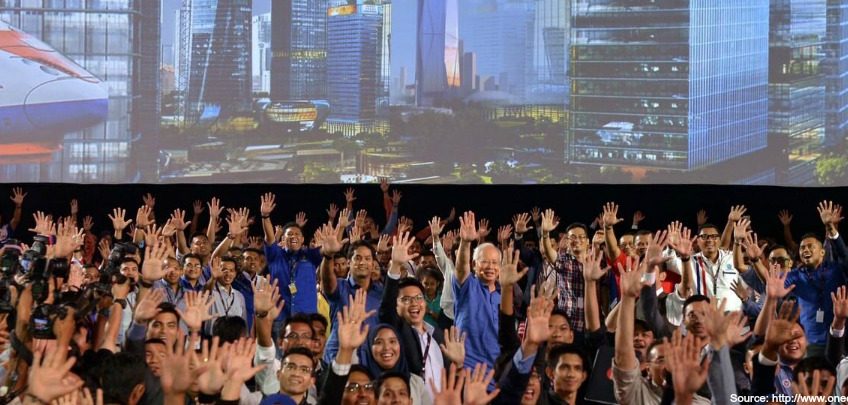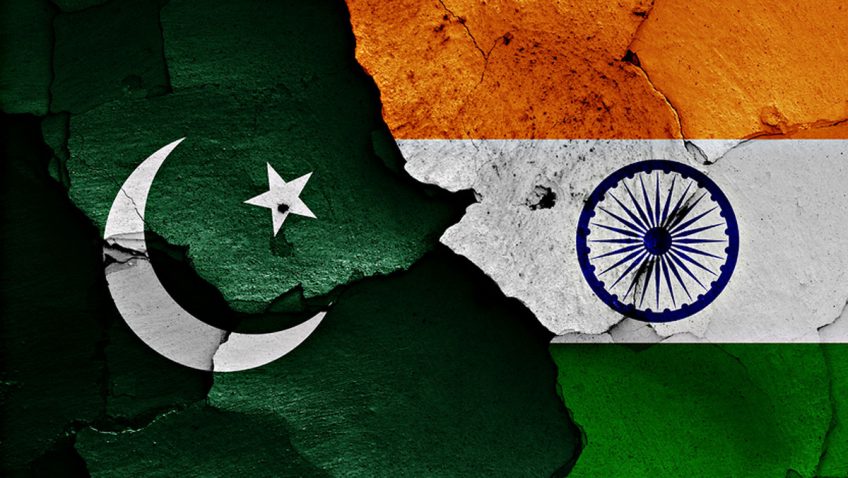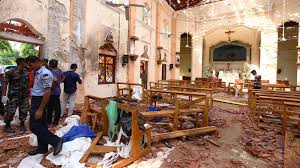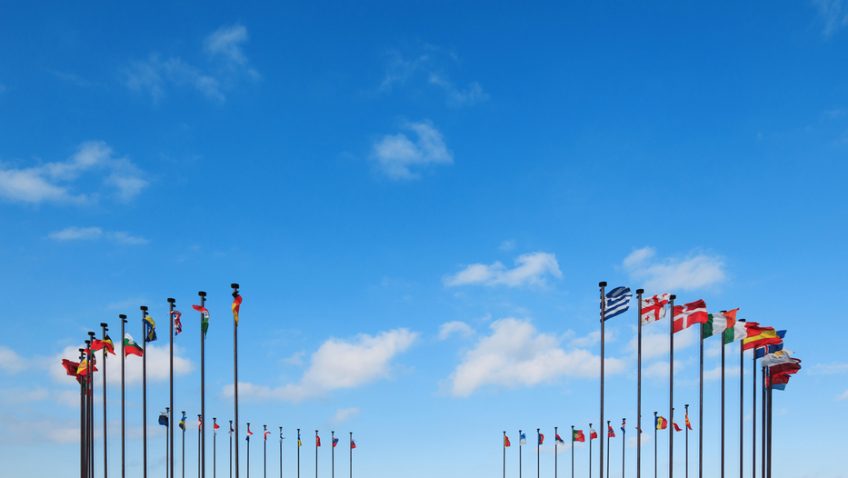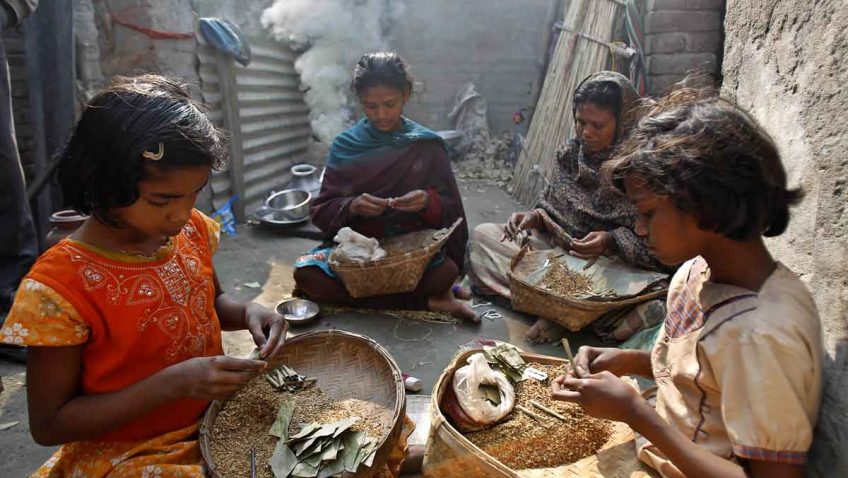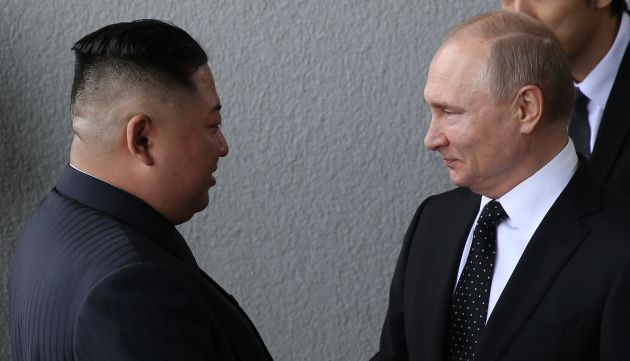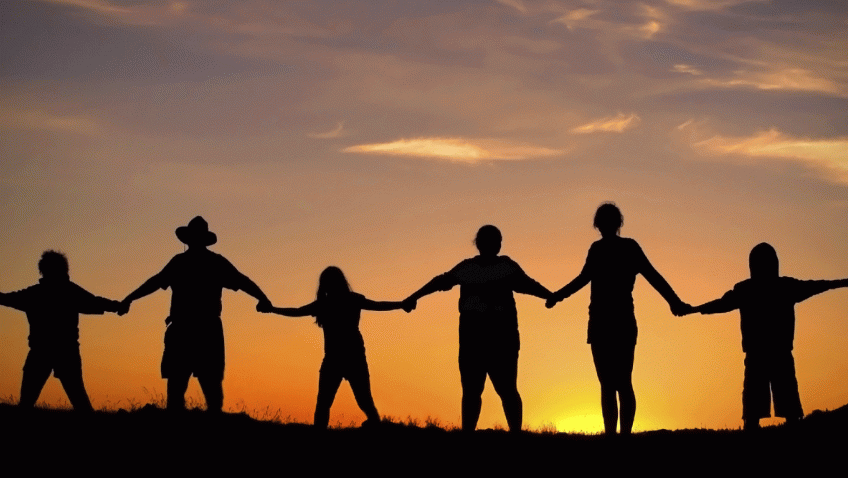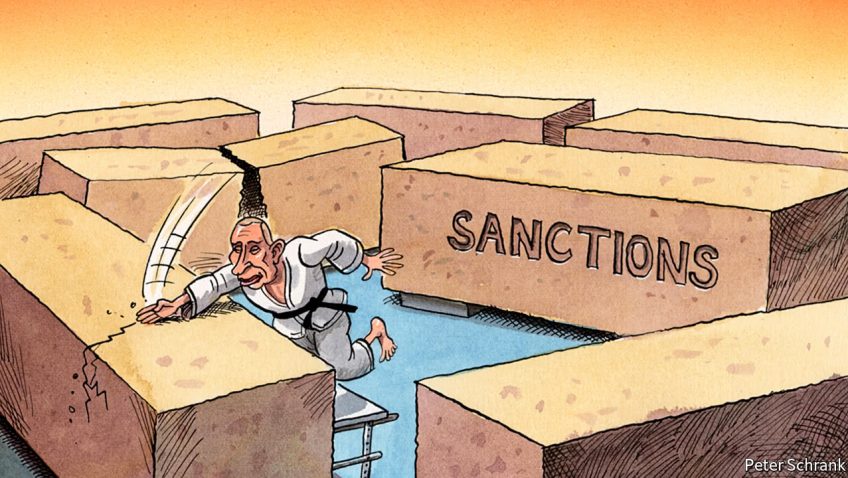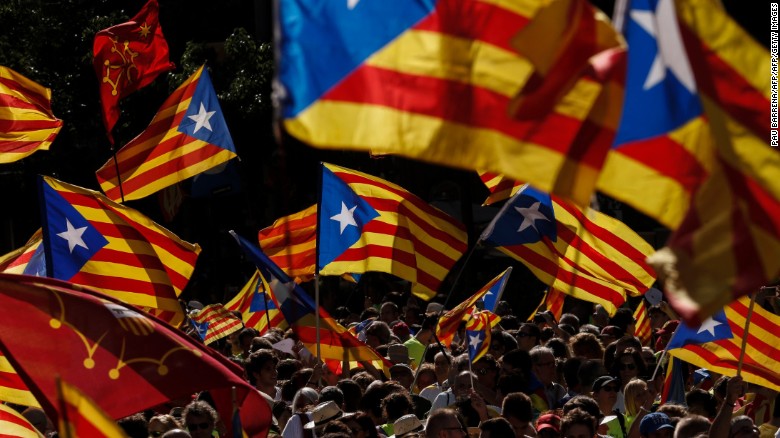A single world government is the notion of a common political authority for all, it is a political entity that is supposed to develop, interpret and apply international law. However, no country has yet submitted a formal plan to create the global government, although some see international institutions and bodies such as the International Criminal Court, United Nations, African Union, European Union, Arab League and the World Bank as the seeds or beginnings of a single global government system. However, in today’s world; there is no global institution that extends its absolute influence over the rest of the world, whether as a military, executive, legislative, judicial, financial or constitutional power or an independent global institution to monitor war and corruption. The world is now divided geographically and demographically into independent political structures called “nations” or “states”.
Even though there are a great number of bodies, institutions, unions, alliances, treaties and contracts between these authorities, but unfortunately nothing ensures that the parties abide by any of these treaties except the consensus and mutual acceptance of the parties to implement them. And thus, the use of violence between States is not taboo and will only be prevented by fear of retaliation, and if this is not possible, any State can use violence against another State.
The emergence of a “new world order”
It is obvious that an imperial era is on the wane – a new world is dawning, and the United States is no longer a single global power. The emergence of global economic forces capable of spearheading American leadership is on the rise, especially China and Russia. Strong regional economy that has established itself as a partner in leading the new world order, such as the major economic tigers of Southeast Asia, as well as countries such as India, Brazil and South Africa, which have established with China and Russia the giant beast economic bloc, such as the Shanghai Cooperation Organization, which is a Eurasian political, economic, and security alliance, which is also imposed itself strongly on the global decision.
Through this inter-groups dynamic world; it seems to be obvious that the result was the early disintegration of the American era and strong global tendency to establish a global order that transcended the current “state of polarization.” Therefore, I think the creation of such global government may be necessary, because our planet is threatened by great dangers such as global warming, terrorism, nuclear weapons and biological wars, and other great dangers such as the aggressive nature of humans that affect in one way or another the evolution on the planet’s surface.
To avoid such dangers and to make it more realistic, all young policymakers need to understand that all nations should surrender their armies, their arms, to a single World Government. Certainly if there is only one government, neither armies are needed nor arms – with whom are we going to fight or have a war?
Let’s just have a look at the European Union for example – a “global government” has to engage more than just cooperation between nations. The EU had already established a continental government for 27 countries, which could serve as an example. The EU has a supreme court, a single currency, thousands of pages of laws, a huge civilian service apparatus and the ability to deploy military force. So, can’t the European model be applied universally? There is no doubt that the international political reality proves that there are too many commonalities among societies in general, which stimulates the emergence of a single planetary civilization. The global government is not a globalized formula, that is, not a political application of current globalization that is seeking interaction and integration among people, companies, and governments worldwide
Young leaders and the power of change
Although the existence of a single world government may seem a very futuristic idea, however, it dates back thousands of years, adopted by ancient Egyptians, Chinese and Greeks, so the best opportunities for the establishment of a global government now are the UN, EU, AL and AU, but all of these organizations have opponents and serious issues, Britain’s exit from the EU is highly resented by “a bureaucratic union that does not achieve equality”. Therefore, young leaders of this planet should find an alternative way to establish the Global Government, as long as an alternative does not have to be a close substitute for the first choice.
It seems to be obvious that the concept of a one global government was tried by the League of Nations before the Second World War; however, it could not work. It simply remained a debating club by the time. The Second World War destroyed the very credibility of the League of Nations. But we should bear in mind that the necessity was still there; therefore they had to create the United Nations. But the U.N. is as much a failure as the League of Nations was. Again, it is still a debating club in our modern world – because it has no power to bring justice. It cannot implement anything; it is just a formal discussion club.
To make it a success, young leaders today are the true forces of change as long as there are countless young leaders are making enormous contributions in tackling the world’s most complex challenges. They have a lot of energy, motivation, and innovative ideas about how the future and present of this planet should look. We need to bring those young people together from all over the world, and pave the way for them to work strategically to develop policies which shape governments, leaders and the world. A global government is unfeasible; no matter how desirable it is, as long as the right to self-determination exists.
Reasons to believe that one world government is possible
If we look at our world today; global governance is increasingly being pursued not by erecting multinational institutions empowered to govern issue areas directly, but by transforming states’ internal governance to enact international disciplines domestically. So, the idea of global governance thus occurs not just at the global level, but at the domestic level too. And as an outcome of globalization; young policymakers and scholars should discuss not just the theoretical question of whether a single global government is a solution to humanity’s problems, but the practical question.
In my own view, there are four reasons to believe that the idea of one world government is possible. First, it is increasingly clear that most difficult issues facing local governments are international in nature: global warming, global financial crisis and “global war on terror”. Second, such single world government can be formed easily, as long as transportation and communications revolutions have shrunk the world. The third reason – with the rise of nationalist sentiments in the west; a change in the political climate suggests that a “global governance” should be achieved faster in order to save this world. The fourth reason is that the financial crisis and climate change are driving local governments towards global solutions, even in countries like China and the United States, the two pillars of national sovereignty.
In global context, the world’s most pressing geopolitical problems may be international in nature, but the political identity of average citizen remains very local. Until one side resolves this problem, that plan to form a global government can remain locked in the United Nations coffin. However, if Thomas Hobbes prescribed powerful government as the only means of avoiding a perpetual state of civil war; so I am just wondering why we can’t apply this to the international realm as well, especially since nuclear weapons have risen the stakes of conflict.
Of course, there are a lot of reasons for young leaders to be optimistic even if full world government is never realized; a rights-based approach to integration gives us reason to be optimistic. If the ultimate purpose of governing institutions is to promote rights protections, and higher-level institutions can be made to serve this purpose through political and social struggle, then the more world government that emerges, the better.
By Idriss Zackaria
Idriss is a prominent member of YoungDiplomats. He occupies a seat in the committee and is the Director of YoungDiplomats Africa. Here’s another article from him http://www.young-diplomats.com/interview-on-sport-and-diplomacy-in-africa/.

